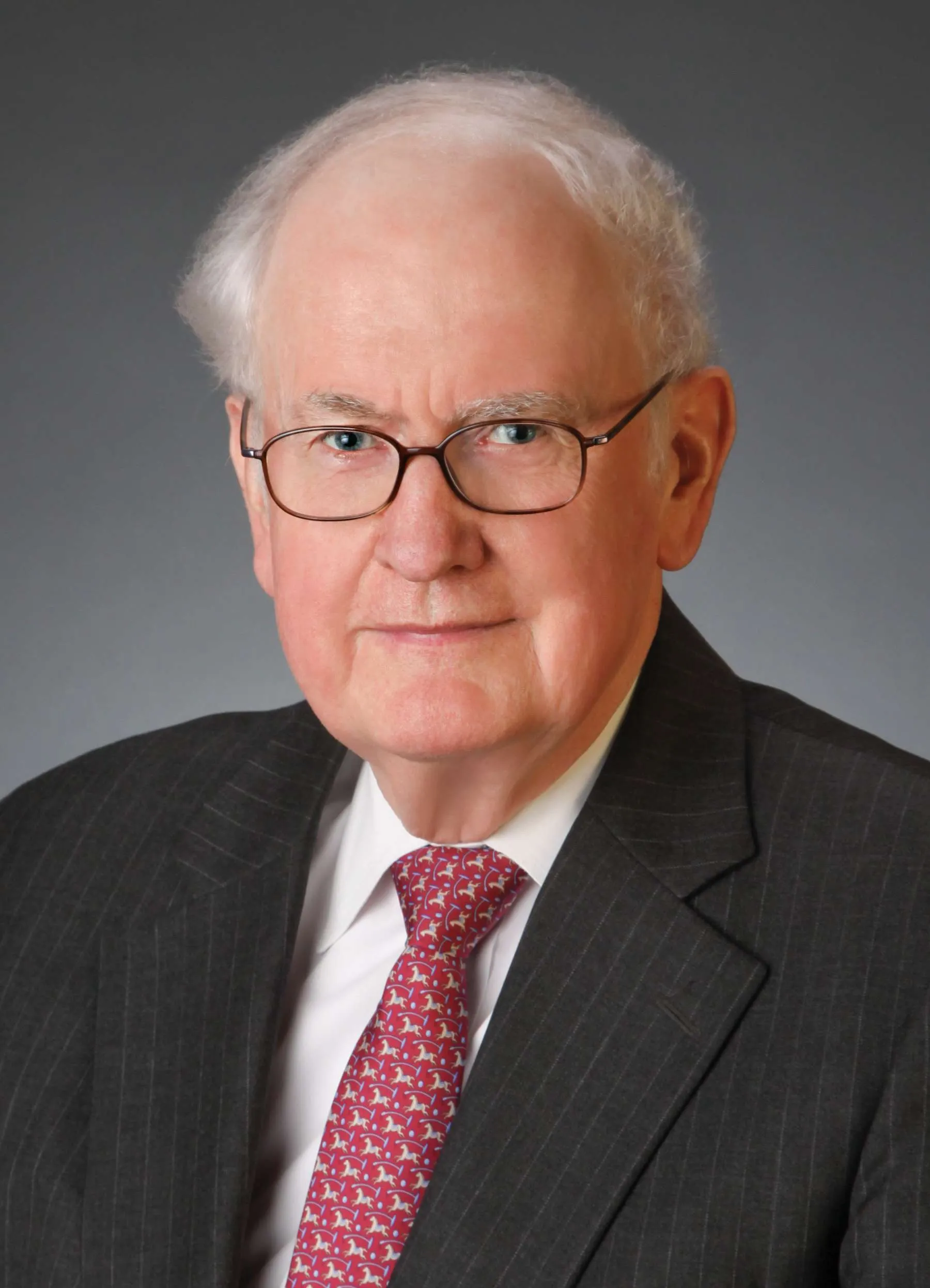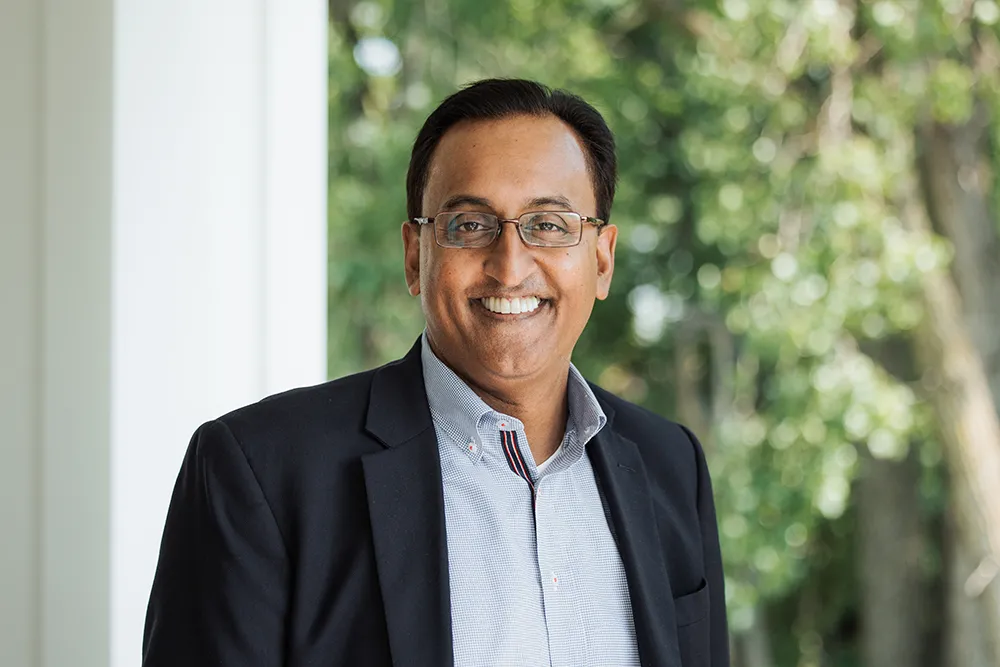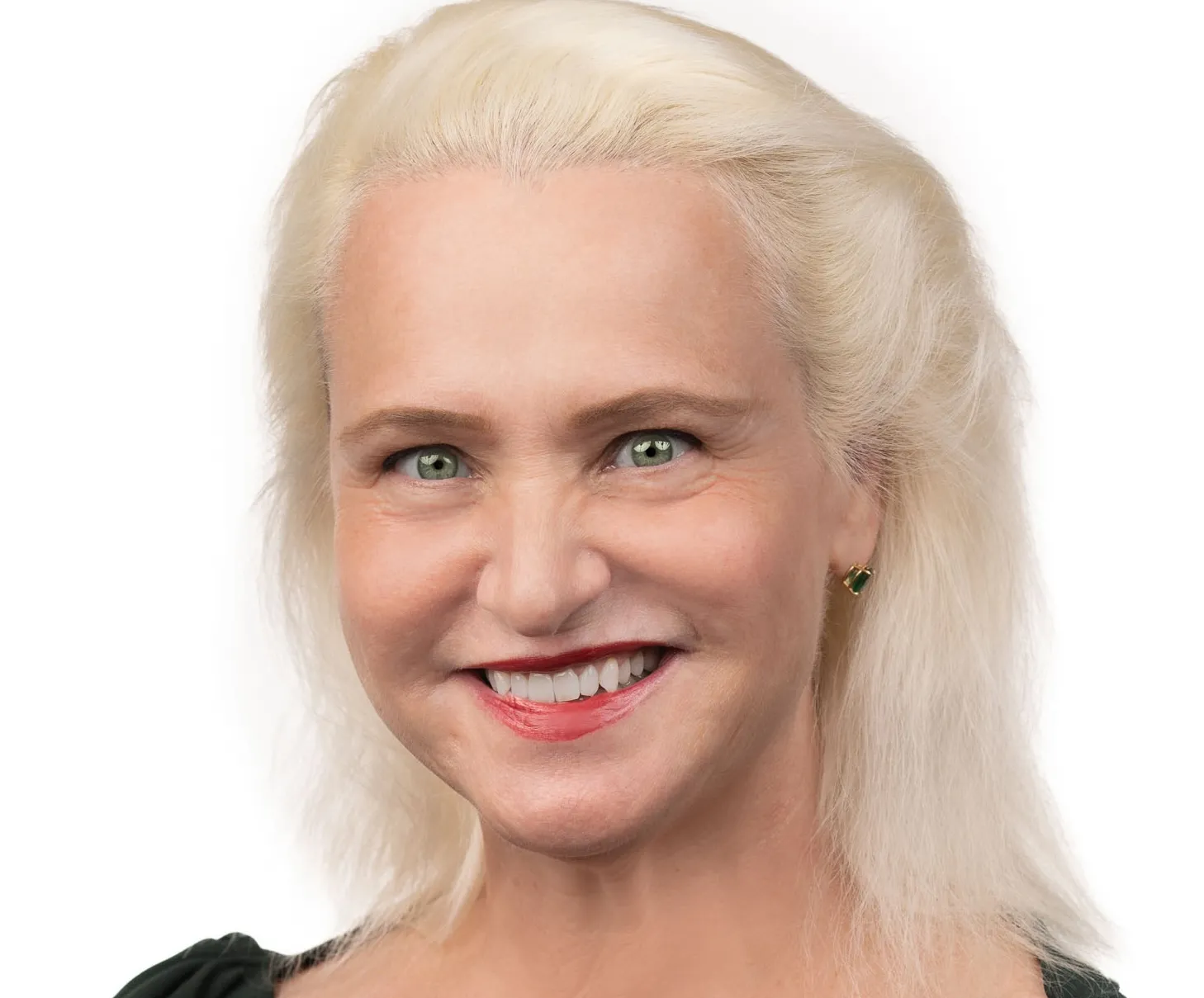David Hilliard, '62: Big-Picture Litigator Takes Pride in Being Civic and Professional Leader

Right after he graduated from the Law School in 1962, David Hilliard entered the Navy, and not long after that he participated in a full-scale naval assault on the coast of Spain, involving hundreds of warships. It was only a war games exercise, of course, conducted with the approval of the Spanish government, and Hilliard was a judge advocate assigned to the admiral in charge, but the sweep and energy of the undertaking are consistent with the way that Hilliard has approached his work, his service, and his life since then.
When he returned from his military service, he joined the firm that is today Pattishall, McAuliffe, Newbury, Hilliard & Geraldson. Focused on intellectual property protection, the firm is consistently ranked at the top of its field. He’s the “Hilliard” in the firm’s name, and he served as its managing partner for twenty years.
Another of the firm’s managing partners has described Hilliard as “the epitome of a big-picture trial lawyer, able to marshal troops and craft creative, winning strategies.” He has represented Ford Motor Company in IP matters for 35 years. When Ford first came to him, Hilliard says, he considered its slogan to be “always sued; never sue.” He changed that in a dramatic way, launching 50 suits in a short time.
“I was constantly on airplanes,” he recalls, “but we won every one of those cases—that I can remember.” For PepsiCo, he initiated and won more than 60 gray-market cases. Those cases, along with many others he has handled for a broad range of clients, established legal standards for anticounterfeiting protection, protection against illegal imports, and many other crucial intellectual property matters.
If you were to start counting the prestigious awards and recognition he has garnered for the quality, importance, and integrity of his work, and you began working backward from 2015, you’d run out of fingers and toes before you got very far into 2013. He has said that an award he received just ten years out of law school means a great deal to him—the Maurice Weigle Award from the Chicago Bar Foundation, which he earned in part for his role as the founding chair of the Chicago Bar Association’s Young Lawyer’s Section. The group now has more than 9,000 members, twenty-six committees, and fifty public-service projects.
He has served as a past president of the Chicago Bar Association, as a director of the International Trademark Association, and on the Illinois Commission on the Rights of Women, among many other professional and civic responsibilities. He has been a trustee of the Art Institute of Chicago since 1979 and is a past vice-chair of that board.
The author or coauthor of five books and textbooks on intellectual property law, he has also served as an expert witness in major litigation for clients that include Chrysler, Blue Shield of California, 3M, and the Internal Revenue Service.
He has taught at the Law School, served as chair of the Visiting Committee, chaired reunion committees, and—together with his wife of more than 40 years, Celia—provided financial support that includes an endowed fund and the David and Celia Hilliard Research Fellowship. “I was taught by the best legal faculty anywhere—Soia Mentschikoff, Karl Llewellyn, Bernie Meltzer, and so many others,” he recalls. “They not only made possible a great career for me; they enlarged my personal and professional horizons in ways I will always be grateful for. Whatever I can give back is relatively small compared to the deep gratitude I feel.”
While he was serving in the Navy, Hilliard bought a ceramic plate by Picasso in Portugal, for $100. That was the start of art collecting by him, an activity in which Celia would soon join him. Their passion and discernment led to a world-renowned collection, 115 pieces from which were exhibited at the Art Institute last year.
In the sumptuous published catalog from that exhibit, Dreams & Echoes, the Hilliards close an essay with words that echo the past but point toward the future: “We continue on, curious to see what lies ahead. Tennessee Williams expressed something of this spirit. . . . ‘Make voyages!’ he exhorts us. ‘Attempt them!—there’s nothing else.’ ”


